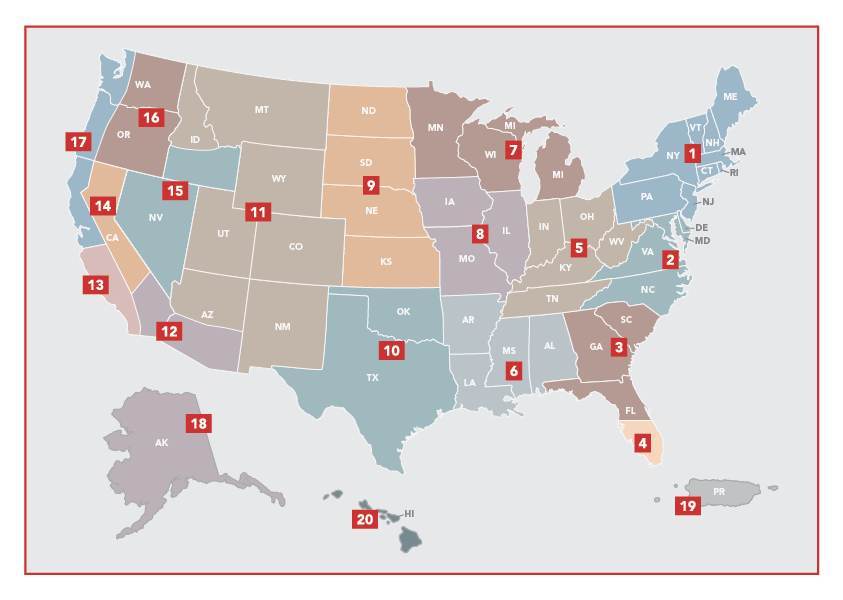Immunocap Allergy Testing
In most cases, allergies are mild, not life-threatening, and require few food restrictions, making them easier to live with and treat. Speak with your healthcare provider to confirm if ImmunoCap Allergy Testing is right for you.





















